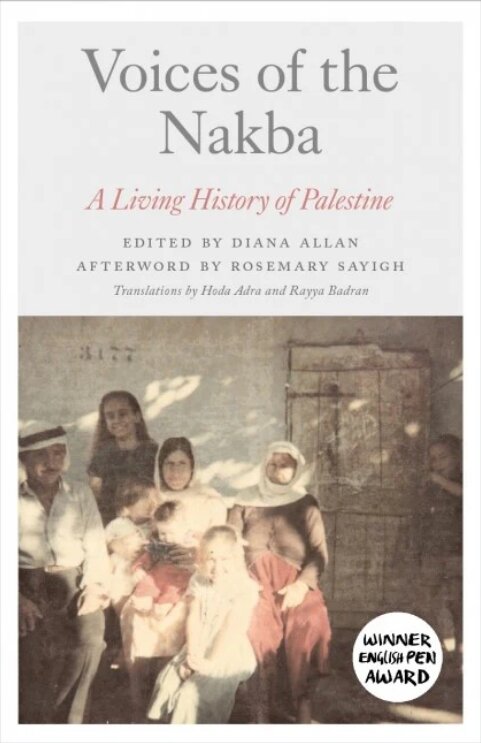Tehran – The Voice of Nakba, published more than 700,000 Palestinians from their homeland: The living history of Palestinians, edited by anthropologist Diana Alan, offers a rare and powerful collective portrait of people whose history is systematically silent.
This groundbreaking collection of oral history documents the personal stories of first generation Palestinian refugees, primarily in Lebanon, offering readers a vivid sensory encounter with not only historical testimony but also the living reality of exile.
Taking advantage of 20 years of work by Nakba Archive, an initiative co-founded by Allan and Mahmoud Zeidan, the book features testimony of refugees who were exiled in Nakba (in Arabic due to “catastrophe”) in 1948, an event that continues to shape Palestinian identity and struggle. Through the recorded memories of the elders, the book revives Palestine, which existed before the erasure of war and colonialism: village land, vibrant communities, cultural diversity, and deep connections to the land.
It was organized into four parts of Palestinian life before 1948, resistance during British orders, violence between 1947 and 48, and exile. The book combines academic commentary with oral testimony.
This dual structure allows readers to grasp both the personal texture of memory and the broader historical significance of detailed events. Each chapter presents excerpts from interviews ranging from anthropology to history and literary studies.
The book is centered around the voices of ordinary Palestinians, men and women, peasants and urban residents, Muslims and Christians.
Zionist militia cut off the villagers and carried out the massacre. Another remembers the orchards, schools and social ties of village life ended violently.
Trauma is raw, but so is the lasting dignity and attachment to Palestine. Interviews often took place in modest refugee camp homes, and the contrast between the past and present was even more irritating and heart-warming.
What distinguishes the book from previous historical accounts is its focus on orality and embodied memory. Editors and translators work with great care to preserve the rhythms and idioms of Palestinian Arabic, ensuring that these stories maintain emotional and linguistic authenticity. As Diana Alan points out in her introduction, these stories are more than memories, they are a form of resistance to historical erasure.
The timing of book release is important. As global awareness of the Palestinian cause grows amid the crisis in Gaza and the West Bank, Nakba’s voice offers urgent testimony that refuses to drive Palestinian suffering into the past. Nakba claims to be in a continuous state, not a closed chapter. This is a structure of displacement, negation and resistance that continues to this day.
For journalists, educators and policymakers, this book serves as an important remedy to mainstream history that omits or distorts the Palestinian experience. For Palestinians in exile, it is a reservoir of respect for their struggle, a record of durability, and a memory reservoir for future generations. And for all readers of conscience, it is a deeply moving reminder that justice begins with hearing.
Nakba’s voice is more than a collection of refugee stories. It is a living history and a call for moral responsibility. On Nakba Day, when the Palestinians and their allies commemorate the trauma of 1948, this book is a testament to the fact that those who will never forget will not forget.

